New report highlights exploitation of Vietnamese people in UK
Human Trafficking
New research published this week by the Anti-Slavery Commissioner has focussed attention on the trafficking of people from Vietnam to be exploited in the UK.
Vietnam is consistently among the top ten most common countries of origin for people referred to the authorities as possible victims of modern day slavery. The Independent Anti-Slavery Commissioner Kevin Hyland, commissioned the research to find out the particular characteristics of exploitation in this community and how it can be addressed more effectively.
In most cases people from Vietnam are exploited to cultivate cannabis, or as manicurists in nail bars or suffer sexual exploitation. Generally controlled by organised crime gangs, victims are forced to work in terrible conditions, often in cramped spaces, sometimes without necessary safety equipment, poor accommodation, and paid little or nothing for the work they do.
The research highlighted that the largest group of Vietnamese victims are young people under the age of 18, most commonly teenage boys between 16-18. Vietnamese children suspected of being victims of trafficking also frequently go missing even after they have been identified and brought into the care of local authorities. It is believed in many cases that the young people return to those who have trafficked them because of fear of reprisals against their families or they feel an obligation to work for the gang in order to pay back a loan, or because they have been taught to distrust the UK police authorities.
One such story shared by the Commissioner illustrates the problem:
A young boy named Hung found himself begging and homeless in Vietnam. He was approached by a man who said he could take him to the UK for $30,000 and pay him back by working, only to end up being exploited to tend cannabis plants. Hung was eventually rescued and placed in local authority care but was twice tracked down by traffickers and forced back into modern slavery, which also included domestic servitude and sexual exploitation.
The report makes a number of recommendations to improve action, including, in particular greater cooperation between the UK and Vietnam to help prevent people falling into the traps of the trafficking gangs and to help victims who return to Vietnam to re-integrate into their community without stigma or risk of further exploitation. Support services for victims in the UK also need to be improved, with the report suggesting a special telephone counselling service to offer Vietnamese victims advice within the first few hours after they are identified.
The report also calls for greater regulation of the nail bar industry in the UK through a licensing scheme to ensure businesses are treating their workers fairly, and better training and systems for police, judges and local authorities.
You can read the full report on the Independent Anti-Slavery Commissioner’s website.
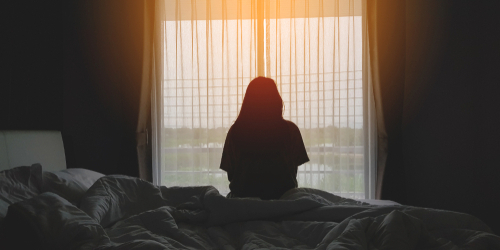
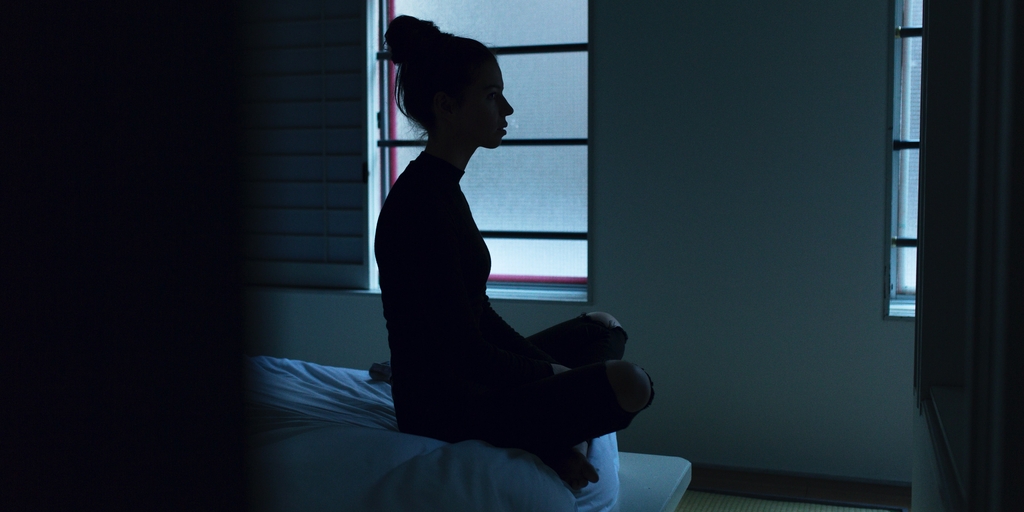
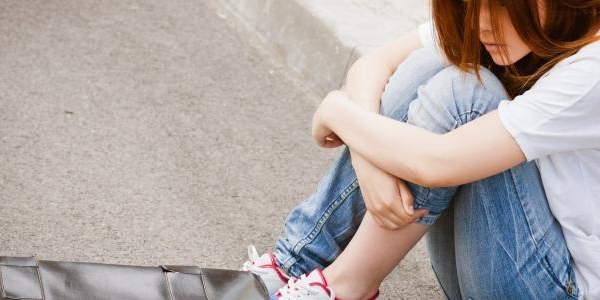
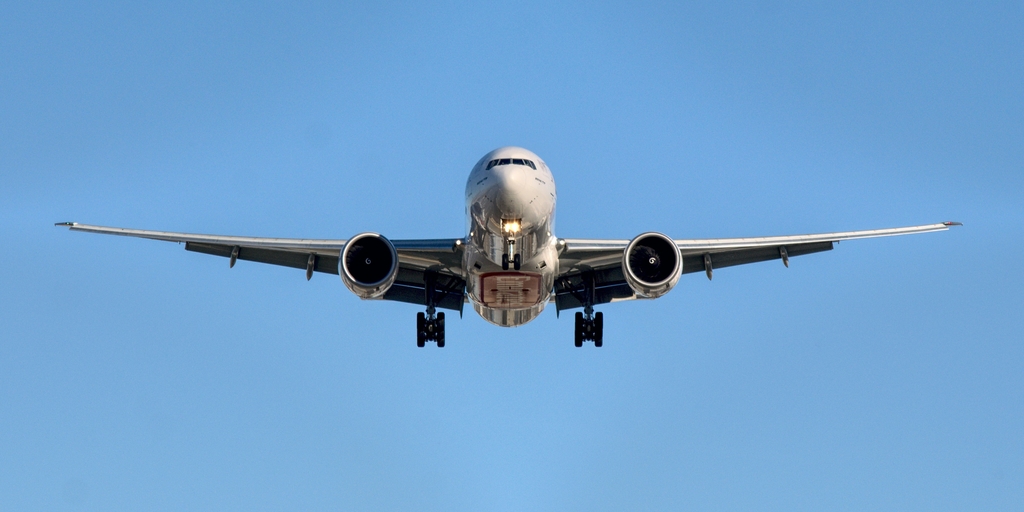
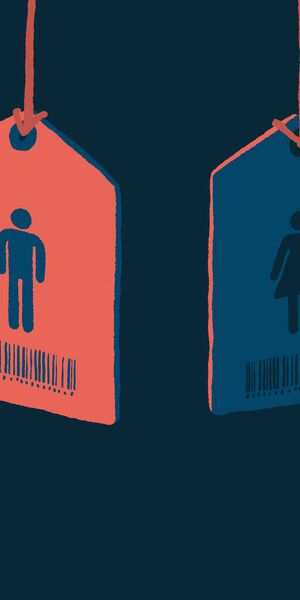
Share story
New report highlights exploitation of Vietnamese people in UK